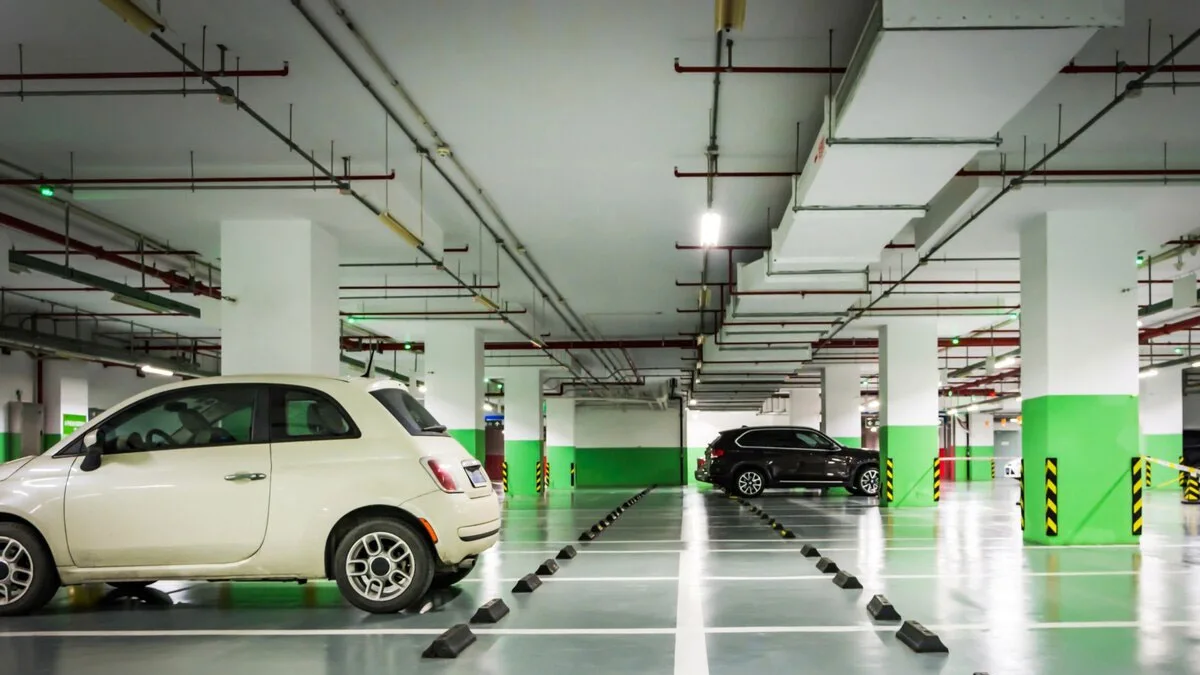First off, you might be surprised to learn that parking lot speed limits are not as clear-cut as those on streets and highways. In the United States, traffic laws vary significantly from state to state, and even city to city, making a one-size-fits-all answer elusive. However, there are a few general principles we can explore.
Most parking lots are considered private property, which means the property owner or management sets the speed limits. These limits are often lower than public roads, typically ranging between 5 to 15 miles per hour. This makes sense when you think about it – parking lots are bustling areas with pedestrians, shopping carts, and cars trying to find parking spots or backing out of them. The lower speed limit helps reduce the risk of accidents in such a busy environment.
But here’s where it gets interesting: enforcement of these speed limits can be a bit of a legal grey area. On public roads, speed limits are enforced by local or state law enforcement. However, in a private parking lot, it’s up to the property owner to enforce their rules. Law enforcement can only intervene in specific situations, such as reckless driving or if an accident occurs.
Now, in some jurisdictions, local ordinances may apply to parking lots, allowing for more straightforward enforcement of traffic laws. These ordinances might set a universal speed limit for all parking lots in the area or allow law enforcement to issue citations for speeding in these spaces.
The variability and enforcement of parking lot speed limits highlight an interesting intersection between private property rights and public safety concerns. It’s a reminder of the complex tapestry of laws that govern even the most mundane aspects of our daily lives.
In essence, while there might not be a universal answer to the question of parking lot speed limits, the overarching principle is clear: slow down, be cautious, and watch out for pedestrians and other vehicles. It’s not just about following the law; it’s about ensuring safety for everyone.
As we continue to explore the quirks and nuances of U.S. law together, remember that understanding and respecting these guidelines makes us not just better informed but also contributes to a safer community for all.









Leave a Reply